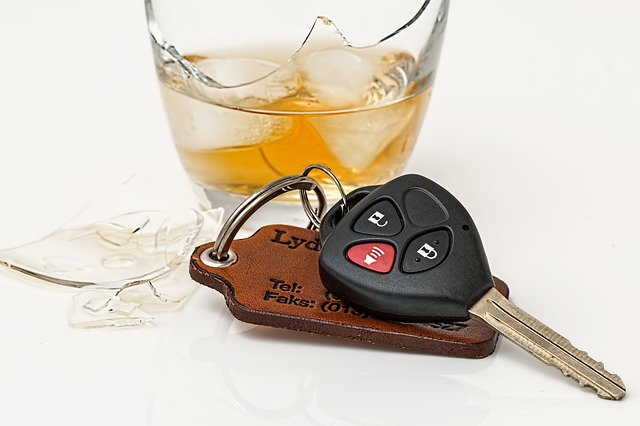
New Jersey courts and law enforcement officers work tirelessly to prevent drinking and driving. When a driver is charged with Driving While Intoxicated (DWI), they can face very serious consequences. If their blood alcohol concentration (BAC) is over the legal limit of 0.08%, a driver may be charged with a DWI. An individual’s BAC can be determined by a law enforcement officer through the use of a Breathalyzer or an Alcotest.
Sometimes, a driver’s BAC may exceed the legal limit significantly. When this happens, a driver may face a completely different charge. If an individual drives with a BAC over 0.10%, they may be charged with a High BAC DWI. Penalties may intensify for those who are charged with a High BAC DWI.
Penalties of a High BAC DWI
If a law enforcement officer discovers a driver with a BAC over 0.10%, they take the offense very seriously. Drivers who are charged with a High BAC DWI may face the following consequences:
- Up to 30 days in jail
- A suspended driver’s license for 7-12 months
- A fine between $300 and $500
- $100 to the Alcohol Education and Rehabilitation Fund
- $100 to the Drunk Driving Fund
- $75 to the Neighborhood Services Fund
- 12-48 hours in the Intoxicated Driver Resource Center
- The installation of an ignition interlock device during the license suspension and between 6-12 months after its restoration
It is important to note that the state of New Jersey does not issue hardship license to drivers. A hardship license is sometimes issued after a regular license is suspended. It allows individuals to drive under certain circumstances. In New Jersey, a driver is not able to request a hardship license for any necessities.
Defenses of a High BAC DWI
When an individual faces a High BAC DWI charge, they should know the options they have for a defense. There are certain rules a law enforcement officer must follow when they stop a driver on the road under the suspicion of drinking and driving. Before they charge a driver, these rules must be followed in order for the legality of any evidence found. This may include:
- A lawful stop: A police officer must have probable cause for stopping a driver on the road. If they did not, the arrest may be unlawful and the evidence may be thrown out of court.
- Field sobriety tests: In order to determine if a driver is under the influence, a law enforcement officer may conduct a series of field sobriety tests. These tests must be administered by following the proper guidelines. If they are not, any evidence from the tests may be inadmissible in court.
- A breath test: When an officer pulls over a driver for a suspected DWI, a breath test cannot be administered right away. The officer must conduct an assessment of the driver and their condition for at least 20 minutes before administering the test.
Contact our Firm
If you have been charged with aggravated driving while intoxicated and wish to speak with an experienced attorney, contact Mattleman, Weinroth & Miller, P.C., today.
The law firm of Mattleman, Weinroth & Miller, P.C., is composed of experienced defense attorneys throughout the state of New Jersey. Please contact the office for a free initial consultation and get any questions answered regarding criminal charges and procedures.

